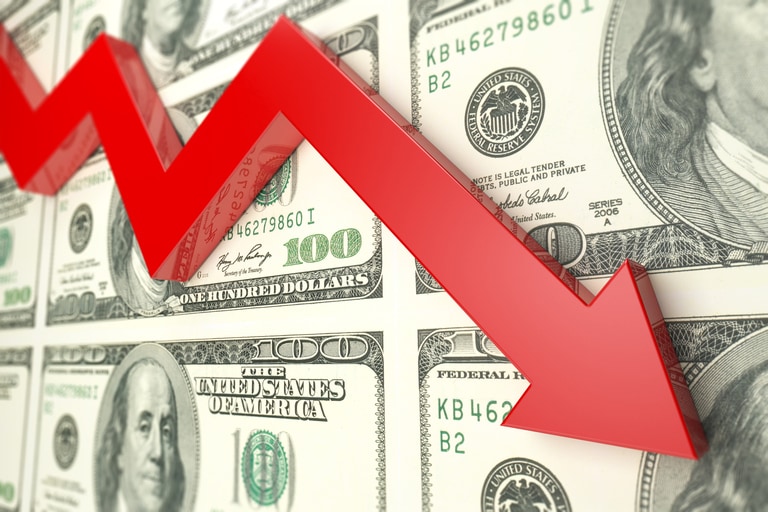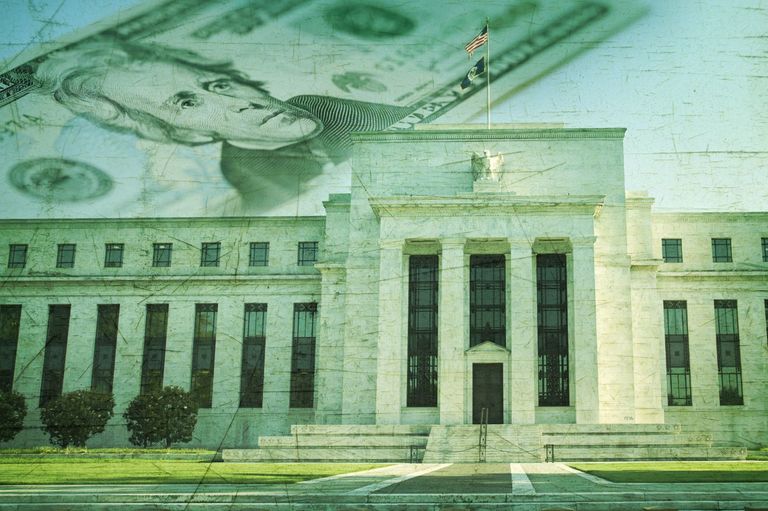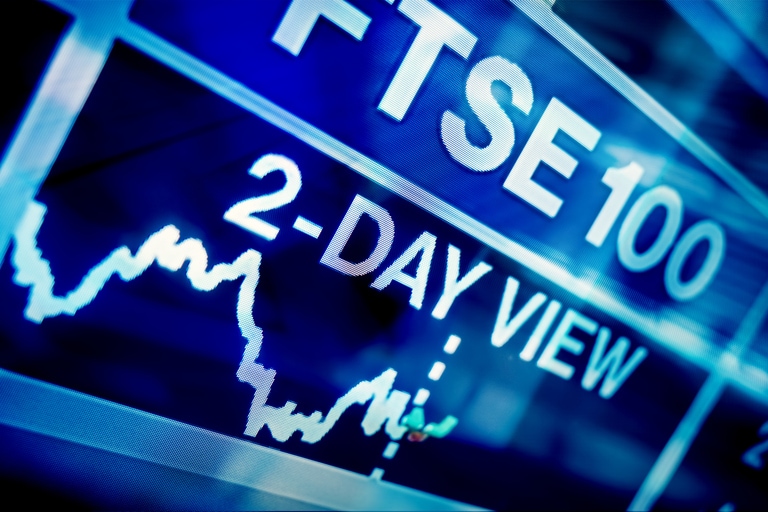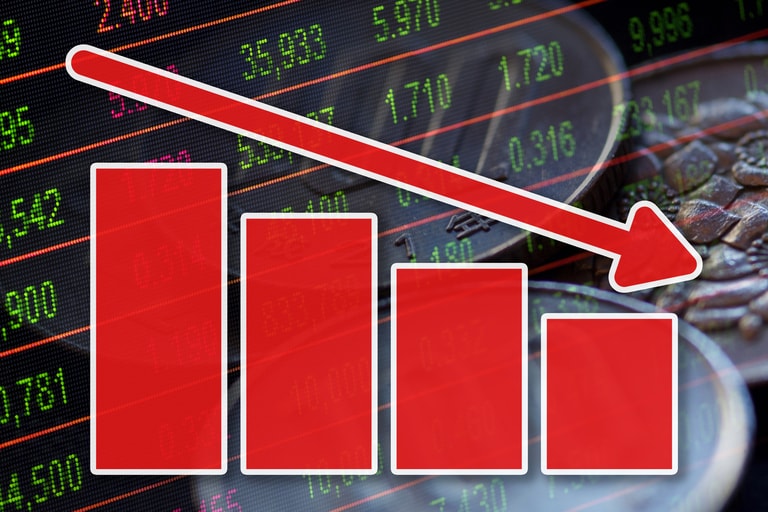We’ve seen a much more positive vibe around European equity markets today, with reports out of Asia suggesting that China might be close to looking to ease some of its covid restrictions, as case rates come down. While this is welcome, it may well be premature given how sensitive Chinese leaders are to single outbreaks.
Europe
Nonetheless, this hope appears to be helping to power some buying interest, and is also pushing up metals, as well as oil prices, with Brent crude at 6-week highs.
Best performers include the usual suspects of basic resources of Glencore, Antofagasta and Anglo American.
Imperial Brands H1 numbers have seen the tobacco and e-cigarette company rise to the top of the FTSE100 despite seeing a fall in revenues of 1.3%, to £15.36bn.
Pre-tax profits fell to £1.2bn, largely due to the costs of leaving Russia, which resulted in a charge of £201m, while a better-than-expected performance in its Next Generation Products revenue has also helped, as the company looks to diversify more towards e-cigarettes and vaping products. Despite the Russia write-down the company said it was on course to meet its full year guidance.
Having seen Vodafone shares edge higher yesterday after reports emerged that Abu Dhabi’s Etisalat had bought a 9.8% stake in business for £3.6bn, today’s focus has been on today’s full year numbers, as well as CEO Nick Read’s strategy for the business going forward.
These were pretty uninspiring, with group revenues rising 4% to €45.58bn as full year profits surged to €2.6bn from €536m a year ago, largely due to a decent performance in Q4, which saw organic service revenue rise 2% against an expectation of 0.8%. The improvement in revenues was driven by better-than-expected performance in Europe as well as its African market. On the outlook the guidance was also uninspiring, EBITDA guidance matching this year’s numbers. Net debt rose to €41.6bn.
Sales, marketing, and support services company DCC full year results has seen the shares slide back from close to their highest levels this year after reporting a 32.2% rise in revenues to £17.73bn, which has seen adjusted operating profits rise by 11.1% to £530.2m. The company also raised the dividend by 10% to 175.78p per share.
Consumer staples have also been weaker, with Unilever under pressure after being downgraded to “sell” by Société Générale, while Next is lower after Credit Suisse cut its price target on the company, saying that there were significant risks to UK demand, which mean its ability to hit its profit targets could be curtailed.
US
US markets have got off to a solid start to the day after April retail sales rose 0.9%, while March was revised up to 1.4% from 0.7%, pointing to a US consumer that still appears happy to spend money in the shops This has been borne out by today’s numbers from Home Depot and Walmart, who both saw decent revenues in Q1, and also offered an added insight into how the US consumer is coping with higher prices.
It’s been a decent start to the year for Home Depot, with the shares initially opening higher, after seeing net sales in Q1 come in at $38.91bn, a rise of 3.8% year on year. Profits also beat expectations, coming in at over $4 a share. Average ticket sales were also 11% higher despite lower numbers of transactions. Same store sales rose 2.2%, against an expectation for a decline of 2%. This outperformance may have something to do with the sharp fall we’ve seen in home sales, with householders probably taking the view of spending on home improvements rather than paying higher mortgage costs. Home Depot also raised its revenue outlook for the year.
For the last two to three quarters Walmart has been able to confound expectations that higher costs would start to impact profitability, however today’s Q1 numbers suggest that its luck has started to run out.
Q1 revenues did come in ahead of expectations, coming in at $141.6bn, however profits missed, coming in below forecasts of $1.48c at $1.30c a share. At the end of last year Walmart predicted sales growth of 4%, which at a time of rising prices seemed a touch optimistic.
Today they reduced that target to 3.5%, as well as cutting its EPS view for Q2, sending the shares sharply lower. It seems clear that customers are spending a greater proportion of their funds on groceries, due to rising inflation leaving less room for the higher margin goods which Walmart also sells.
Twitter shares initially slipped back after Elon Musk cast doubt on Twitter’s estimates of its bot or spam account numbers, stating that rather than the 5% figure supplied by Twitter, the number was far higher, and in excess of 20%. Musk went on to say that the deal couldn’t move forward until Twitter provided evidence that its 5% number was accurate, which is likely to prove difficult given that by any metric most twitter users know, including this user, that Musk’s estimate is probably closer to the truth. It’s becoming ever more likely that Musk is looking for a way to lower the price so that the deal can proceed or look for an excuse to pull the ripcord and extricate himself from going through with the deal.
FX
The latest unemployment and wages numbers from the UK showed that the labour market remained tight for the 3 months to March, with unemployment falling to 3.7%, the lowest level since 1974. The Office for National Statistics went on to say that for the first time since records began, that there are fewer unemployed people than job vacancies.
This appears to be leading to further signs of upward pressure on wages after average weekly earnings including bonuses rose by 7%, well above expectations of 5.4%, although without bonuses the rise was more modest at 4.2%. This has prompted a short squeeze in the pound on the basis that wage inflation is starting to take root, and thus increase the pressure on the Bank of England to raise rates a little bit more quickly and be a little less cautious about its forward guidance. It’s simply not sustainable for Bank of England Governor Andrew Bailey to wring his hands and say that there’s little the central bank can do about this current surge in inflation, especially when CPI is set to move above 9% tomorrow, when the April inflation numbers are released.
While there are some who thought the Bank of England might have to step back from further significant increases in rates, due to concerns about the UK economy, the reality is that next month’s April wage numbers are likely to come in close to 6%, when a lot of UK retailers wage increases get included into the numbers. This will increase the pressure on the Bank of England to do more to tame inflation as it wrestles with the dilemma of either allowing inflation to slow the economy or raise rates to help try and bring it under control, and eventually bring it down quicker.
With a UK base rate already at 1% markets are now pricing the prospect we could be above 2% by the end of this year. UK 2-year gilt yields have risen 19bps today.
The euro also took a run to the upside after ECB Governing Council member Klaas Knot said the ECB ought to consider a 50bps rate hike at its July meeting if the data warrants it.
The US dollar is amongst the worst performers today, primarily on the back of the better tone for stock markets.
Brent crude prices have continued to edge higher, hitting their highest levels since 28th March, helped by the more positive risk sentiment today, and reports that the US suggested EU countries impose tariffs on Russian oil as a faster alternative to an outright oil embargo. Speculation that China could start slowly lifting covid restrictions, is also helping on the margins.
Gold prices have managed to recover from their lowest levels since January, on the back of the weaker US dollar, although thus far they haven’t been able to get back above the 200-day MA, which it broke below last Thursday, for the first time since January 31st.
Volatility
Wheat prices soared yesterday in the wake of news that India was banning exports of the commodity in a bid to secure sufficient local supply and also reflecting the impact of a heatwave which is currently hitting the country and in turn impacting production. The US Cash Contract pushed out to levels not seen since early March, with the result that daily volatility came in at 124% against 50% on the monthly reading.
Price action across crypto currencies is now starting to normalise following last week’s shake out for the market. Bitcoin against the US Dollar has seen daily vol move back below 100%, with other popular Altcoins such as Dash and Stellar Lumens posting in the region of 160-180%. Solana remains something of an outlier however, with daily vol of 245% and a monthly print of 178%.
Activity across fiat currencies was comparatively subdued, but the Hungarian Forint did come under pressure against the US Dollar, with those cuts in GDP forecasts from the European Commission taking a toll and the comparative outperformance of the Polish Zloty arguably exacerbating the situation. Daily vol on dollar/forint printed 17.58% against 16.41% on the month.
Major equity indices also provided little scope yesterday with daily vols printing below the month readings, but CMC’s proprietary share baskets offered some more pronounced price action, including the driverless cars portfolio. Tesla – which makes up almost 9% of the basket – saw its shares pummelled on the back of news that Chinese lockdowns were going to take a lasting toll on the company’s share of EVs in the country. Daily vol advanced to 140% against 81% on the month..
Disclaimer: CMC Markets is an execution-only service provider. The material (whether or not it states any opinions) is for general information purposes only, and does not take into account your personal circumstances or objectives. Nothing in this material is (or should be considered to be) financial, investment or other advice on which reliance should be placed. No opinion given in the material constitutes a recommendation by CMC Markets or the author that any particular investment, security, transaction or investment strategy is suitable for any specific person. The material has not been prepared in accordance with legal requirements designed to promote the independence of investment research. Although we are not specifically prevented from dealing before providing this material, we do not seek to take advantage of the material prior to its dissemination.







